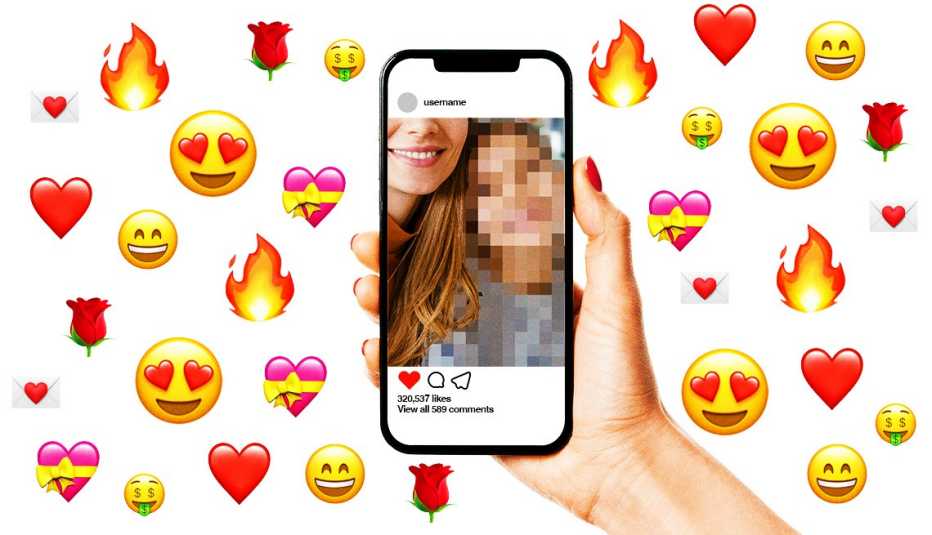Staying Fit


I had a major “Whoa, Nelly” moment when I read the Feb. 22, 2024 front-page New York Times article revealing how some moms are creating and managing Instagram accounts for their underage daughters, selling access to photos of their young girls wearing skimpy outfits and posing suggestively.
Why would any mother in her right mind do such a thing, you might ask, or have they simply all gone off the rails? The moms’ purported goal (besides collecting the money that pedophiles and creeps pay to see these photos that were too graphic/explicit for the Times to even publish) is to help their children become popular social media stars — influencers. Influencers, for the uninitiated, are people on the Internet who make money by getting others to buy whatever it is they are promoting. And in this case, that appears to be underage girls — their daughters.
Some of the more successful mom-run accounts reel in six figures a year, the Times reported. Some offer multiple membership levels, which at the top end promise “exclusive content” and AMA (ask me anything) sessions with their underage daughters. Others charge for chat room access with the girl. (Now what could possibly go wrong there?) And lest you still have any doubt what this is all about, some moms have sold their daughters’ worn leotards to Internet strangers.
Child abuse, exploitation, child pornography, pedophilia and emotional harm to innocent children: There is so much wrong going down here that it’s hard to know exactly where to begin — and even harder to resist screaming “just throw them all in jail and lose the key already.”
Some aspects of the practice are reminiscent of child beauty pageants popular in the 1960s, in which young girls wore faces full of heavy makeup and looked freakishly like grown women even though they were barely tall enough to reach the bathroom faucet without a step stool. I hoped that all that went away as we became more enlightened about what it was doing to our kids. You know, stuff like causing depression, low self-esteem and eating disorders, according to the American Psychological Association.


































































You Might Also Like
Ways to Boost Your Career
From how to research salaries to building connections, we have tips to advance your profession and land your dream job
Tips to Make Life Easier
From rethinking your workspace to saving money, we have helpful hacks to simplify your today and benefit your future
Making Memories With Mom
In this Life's a Journey essay, a mother and daughter share a bittersweet trip to Italy
More Members Only Access
Watch documentaries and tutorials, test your knowledge with our quizzes, read interviews and much more exclusively for members
Recommended for You